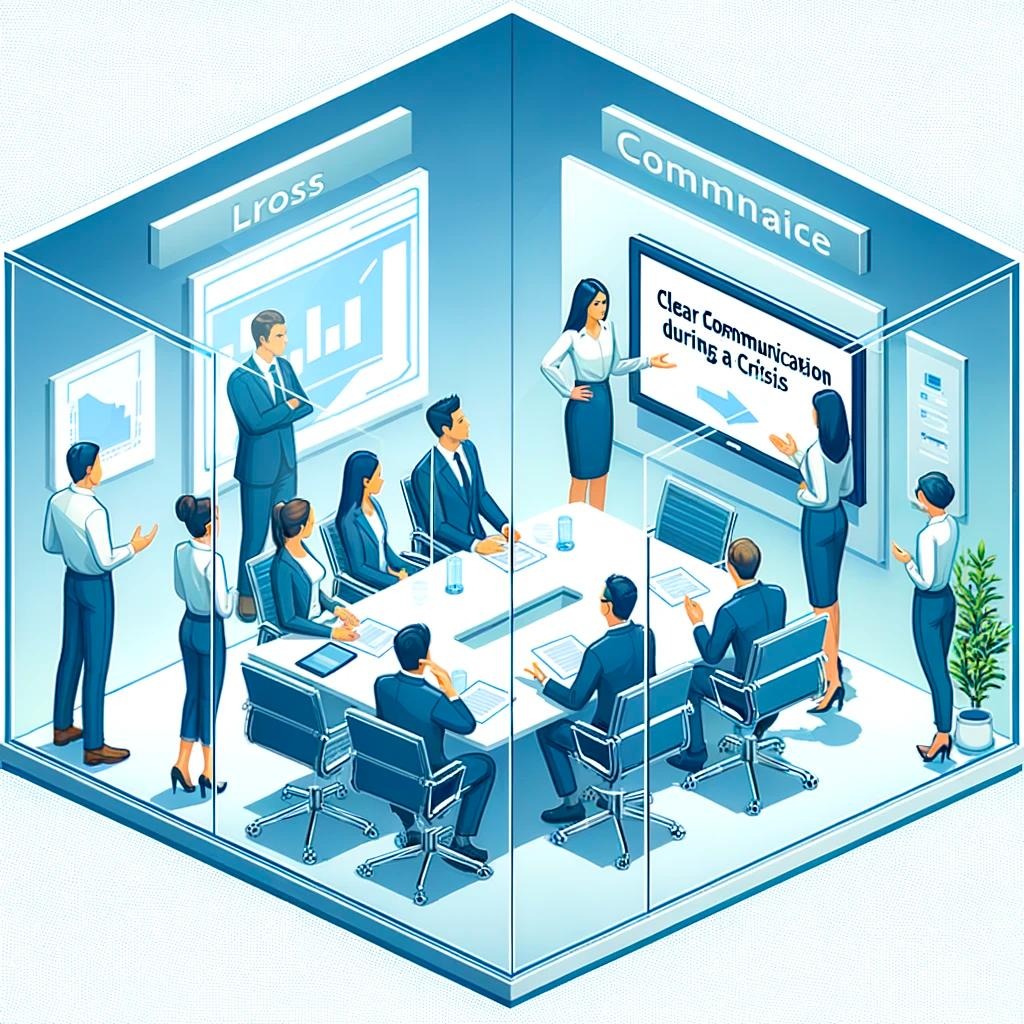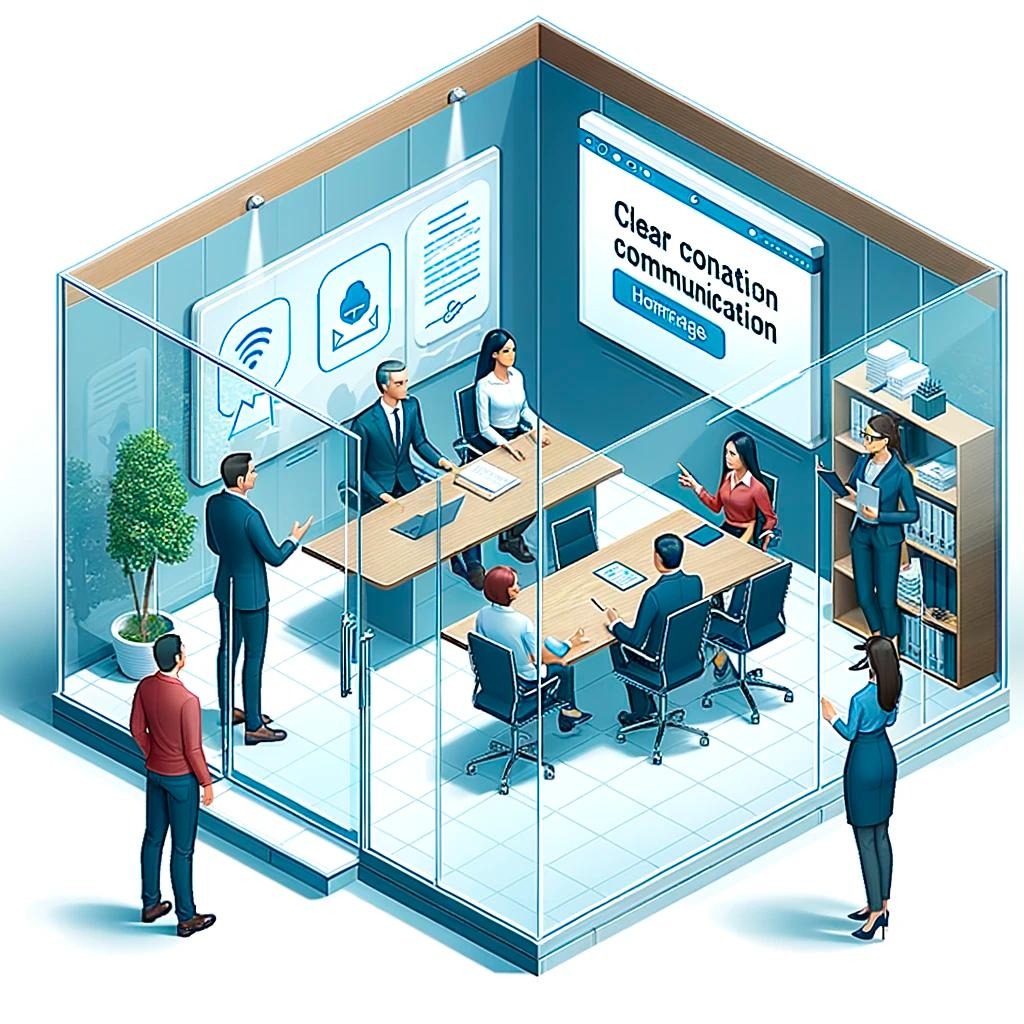
Software Products: Striking the Right Balance Between Customization and Standardization
Top issues companies face that custom software can help solve.
Workflow Inefficiencies
Many businesses have unique processes that standard software fails to support. Custom software can be precisely tailored to automate and streamline these processes, boosting efficiency and productivity.
Scalability Issues
As businesses grow, their software needs change. Custom software is designed to be scalable, accommodating growth without the need for system replacement, thus supporting expansion smoothly.
Scalability Issues
As businesses grow, their software needs change. Custom software is designed to be scalable, accommodating growth without the need for system replacement, thus supporting expansion smoothly.
Integration Challenges
Businesses typically use various software systems that may not integrate well. Custom software can be built to integrate seamlessly with existing systems, ensuring reliable data flow and reducing errors.
Unique Business Needs
Each business faces unique challenges, such as specific compliance or unique customer management. Standard software does not address this. Custom software can meet these exact needs.
Unique Business Needs
Each business faces unique challenges, such as specific compliance or unique customer management. Standard software does not address this. Custom software can meet these exact needs.
Ready to tackle these challenges with a solution tailored just for you? Contact us today to discover how custom software can transform your business operations, boost efficiency, and drive growth.
Finding the equilibrium between customized and standardized software products is crucial for delivering the best value to your customers. This strategy harnesses the precision of customization where it's most impactful while capitalizing on the efficiency of standardized solutions where possible.
This balanced approach allows companies to meet unique demands, stay competitive, and swiftly adapt to market changes — all while enjoying the benefits of faster implementation, cost efficiency, and established reliability.
The interplay between customized application development and standardization enhances process optimization, drives innovation, and shapes a software ecosystem where each customized element boosts overall operational efficiency, efficacy, and customer satisfaction. We will delve deeper into this dynamic.
Defining Software Products: Customized vs. Standard
At the inception of every software development project is a critical decision—should the software be customized to the specific needs of a particular business or industry, or should it adopt a standardized format?
Customized software, as indicated by the name, is designed to meet the particular requirements of individual businesses. This tailored approach involves developing software that integrates seamlessly with a company’s existing workflows and unique operational details.
Conversely, standardized software products are pre-designed solutions intended for a wide range of users. They feature a set of pre-established functionalities designed to address the common needs of various businesses across industries.
Software Product Attributes: Customized
Customization excels in its adaptability, offering the flexibility to create software that precisely targets the unique challenges and pain points of a business and its clientele. This adaptability encompasses aspects like the user interface, integration capabilities, and even the underlying architecture.
With customized software, companies can preserve their distinctive workflows, often resulting in enhanced operational efficiency. However, customization also typically involves longer development cycles, potential increases in costs, and complexities in ongoing maintenance.
Software Product Attributes: Standardized
Standard software products capitalize on the efficiency of a one-size-fits-many approach. They typically allow for quicker implementation and generally incur lower upfront costs. Having been tested across a variety of scenarios, standard software usually delivers a degree of reliability and stability that businesses can count on.
Nevertheless, standard solutions may necessitate alterations in business processes to accommodate the software’s predefined features. This requirement can stifle innovation and potentially weaken a company’s competitive stance in the market.
The Pros and Cons of Custom and Standard Software
Customized Software Products
Pros:
Precision Advantage: Customized software is engineered with precision, with each feature and function specifically designed to align with your business requirements.
Competitive Edge: In a market where differentiation is crucial, customized solutions can set your business apart, serving as a unique selling proposition.
Flexibility: Customized software can evolve alongside your business, adapting and scaling to meet changing needs seamlessly.
Cons:
Time: Development tends to be more time-consuming and resource-intensive.
Maintenance Complexities: Highly customized software may require complex maintenance, potentially demanding specialized skills and resources.
Standard Software Products
Pros:
Speedy Implementation: Standard solutions are ready to deploy, with predefined features that can significantly accelerate implementation time.
Cost-Effective: Often more budget-friendly upfront, standard software appeals to businesses looking to minimize initial costs.
Proven Track Record: These solutions are widely used and tested, offering a degree of reliability, security, and performance based on their track record.
Cons:
Fit and Flexibility: Standard software may not align perfectly with your business processes, possibly necessitating adjustments to your workflows.
Generic Solutions: While they cover universal needs, standard solutions can limit customization and innovation, potentially compromising on addressing specific business requirements.
Customized or Standard Software Types—Which Is Right for Me?
Deciding between customized and standard software types hinges on your specific business needs and circumstances. Here are critical questions to guide your decision:
Understanding Your Workflows: Which operations require software tailored specifically to them?
Assessing Competitive Edge: Could a customized solution be crucial for outperforming your competitors?
Factoring in Flexibility: Does your business need software that adapts and grows with it?
Core vs Common Tasks: Which of your processes are unique and necessitate a customized solution, and which can be efficiently managed with standard software?
Innovation and Creativity: Can customized software spur innovation and creative solutions within your industry?
Reliability and Time-to-Value: Which is more crucial—rapid deployment or bespoke functionality?
Long-Term Maintenance: Is your team equipped to handle the complexities of a customized solution, or would a standard approach be more manageable?
Customer Experience: How will your choice of software impact the service quality you offer?
Mixing Both Approaches - Conclusion
For many businesses, the optimal strategy is a hybrid approach that merges the strengths of both customized and standard software. Begin by pinpointing the key business processes that require a personalized touch. For other areas where bespoke solutions are less critical, standard components can suffice.
Consider adopting a modular software design, where certain modules are customized and others are standard. This allows for selective updates and modifications without overhauling the entire system.
If custom software is the way to go for you, effective communication with your software development partner is crucial. Ensure they understand your business's unique selling points and operational needs. That way, they can tailor the customized segments precisely while keeping the standard modules adaptable to your changing requirements.
Developing software products is not strictly about choosing between customization and standardization—it’s about integrating both to maximize value.
Ready to unlock the full potential of your software?



